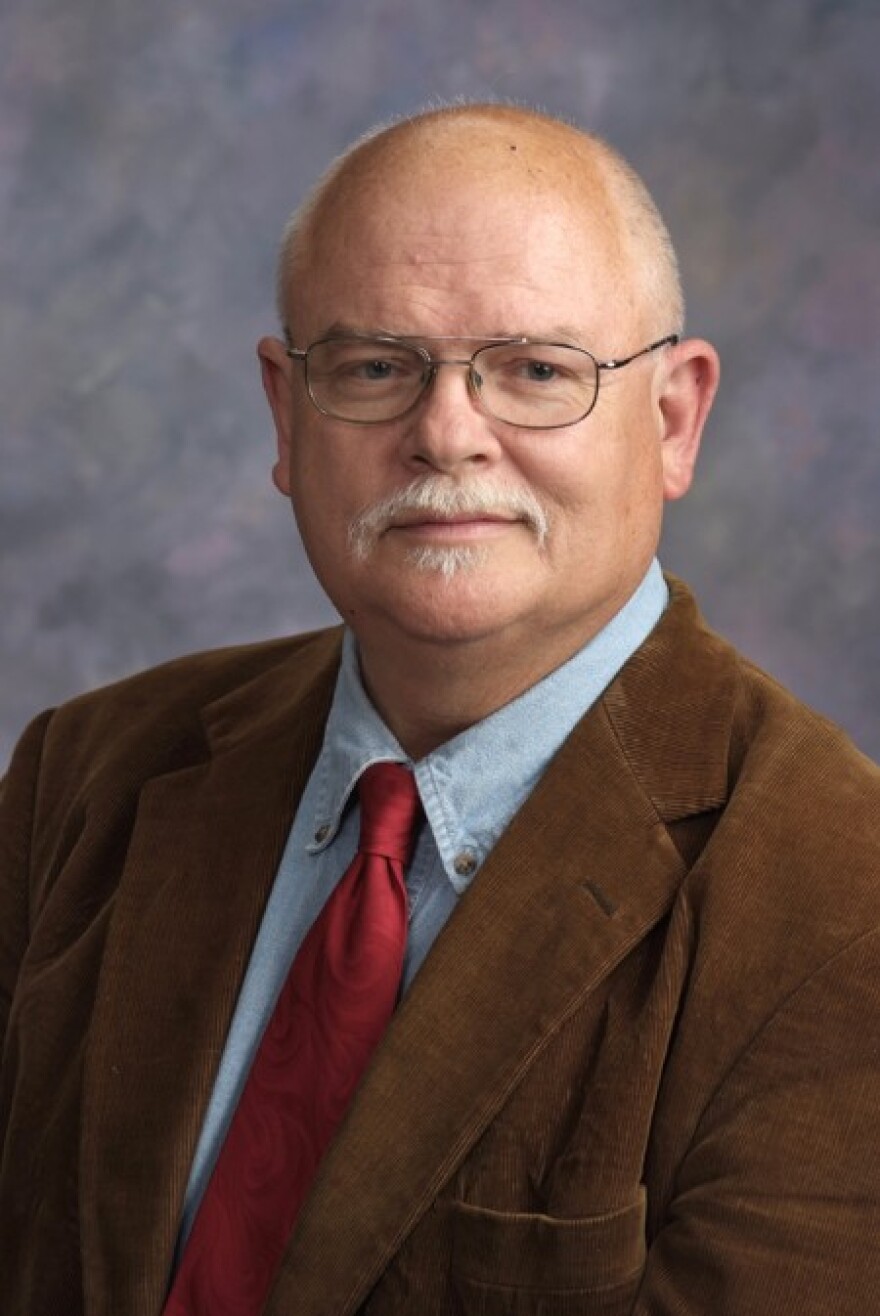http://stream.publicbroadcasting.net/production/mp3/wium/local-wium-984302.mp3
Macomb, IL – If your religious institution has clergy who openly appreciate labor - or at least faiths' "preferential option for the poor," as Pope John Paul II expressed it - it may be worth getting information and asking to make a few remarks at the Sabbath nearest Labor Day: Sept. 5.
Each Labor Day weekend, Interfaith Worker Justice (IWJ) co-sponsors the "Labor in the Pulpits/on the Bimah/in the Minbar" program, which highlights the shared goals of the faith community and the trade-union movement.
Since 1996, many congregations have focused Labor Day weekend services on the injustices facing workers and the religious community's efforts to support their struggles for living wages and family-sustaining benefits. As part of the program, union members speak in congregations about their faith, work and the union movement. (A Bimah is a synagogue's platform where the Torah is read; a Minbar is a mosque's platform, from which the sermon is preached.)
Last year, more than one thousand congregations participated in Labor in the Pulpits.
Pastor Troy Jackson of Cincinnati's University Christian Church says, "When aggressive attacks on organized labor emerged earlier this year in places like Ohio and Wisconsin, vast segments of the church [were] ill-equipped to respond in thoughtful and biblically informed ways.
"So let me suggest that this Labor Day, the church cannot afford to perpetuate the labor movement as an unexamined challenge in our society. Debates about the role of unions are everywhere, and [they] demand thoughtful theological discussion, consideration and action."
The IWJ said, "In the richest country in the world, more than 2 million full-time, year-round workers live below the poverty line, struggling to pay for necessities such as food, housing, health care, transportation and child care.
"Labor Day is a time for those of us in the religious community and the labor movement not only to celebrate working people and their contributions to our society, but to remember the struggles that workers endured and still endure to achieve the many benefits we now enjoy and take for granted."
IWJ offers ten ideas:
1) Clergy could preach about the dignity of workers and the need to protect worker rights.
2) Most congregations include public-sector employees; surround them with support through prayer, invite them to stand and be recognized, and offer thanks for their important work.
3) Use IWJ bulletin inserts on collective bargaining, available online.
4) Organize a "mobile prayer service" to go from site to site - school, hospital, firehouse and so on - and offer a few minutes of prayer and thanks for workers there.
5) Invite a public-sector worker to speak at services.
6) Most faith traditions have teachings supporting workers' rights to organize and bargain collectively, so do an educational forum.
7) During children's time during services, remember the Rev. Martin Luther King and why he went to Memphis before he was killed there. (He was supporting striking city sanitation workers).
8) Organize an "offering of letters" - before, after or during services, asking people to write notes to elected leaders expressing support for public workers and collective bargaining.
9) Write notes of encouragement to your kids' grade-school or high-schools teachers, who deserve support and encouragement.
10) Ask the congregation to write down the various jobs of public-sector workers and then, lead public prayers for them.
As it says in the Bible's New Testament (in James), "Look! The wages you failed to pay the workmen who mowed your fields are crying out against you. The cries of the harvesters have reached the ears of the Lord Almighty."
The Prophet Mohammed in one of his sayings also shows respect for workers, saying, "Whoever returns home at the end of the day exhausted from his application and effort of his handwork, will be forgiven..., the hand which shows the effort of hard work is worthy of being kissed."
And the Central Conference of American Rabbis wrote, "Modern life has permitted wealth to consolidate itself through organization into corporations. Workers have the same inalienable right to organize according to their own plan for their common good and to bargain collectively."
Bill Knight is a freelance writer who teaches at Western Illinois University. The opinions expressed are not necessarily those of WIU or Tri States Public Radio


